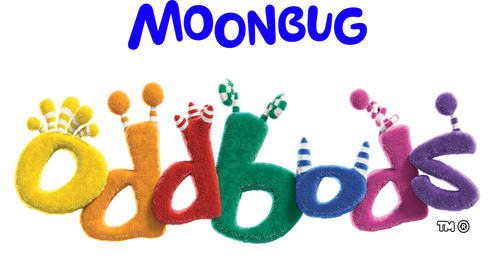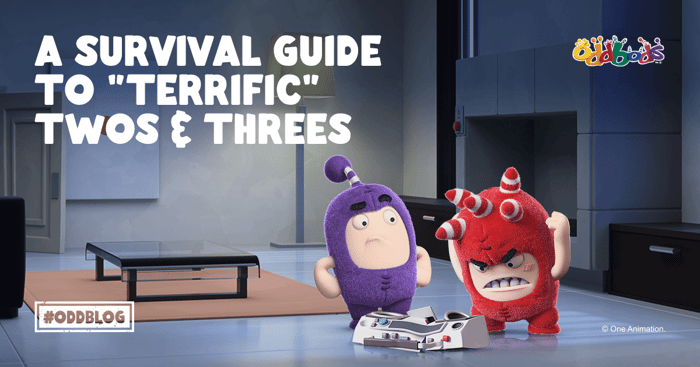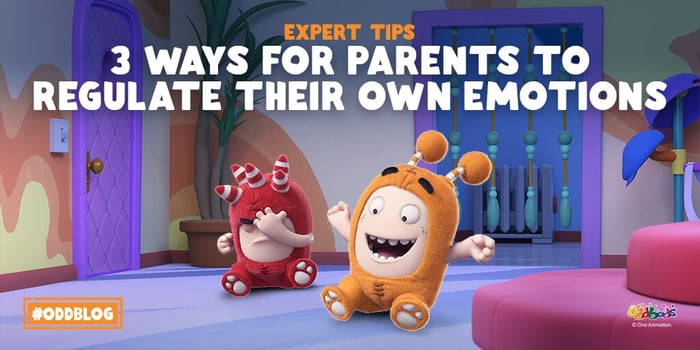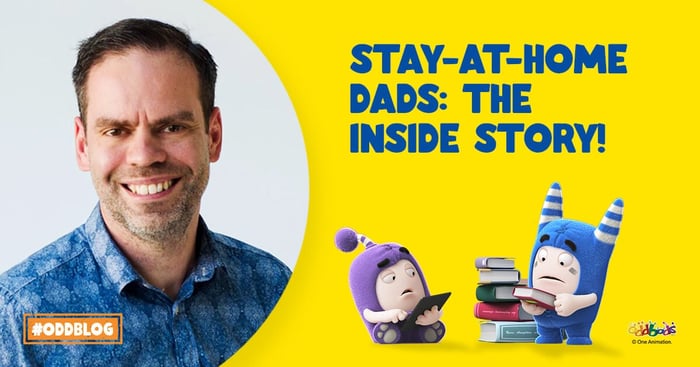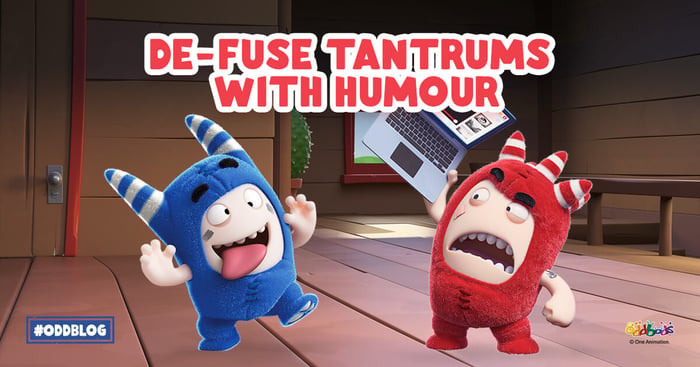Does it feel like your little one’s tantrums are becoming more frequent and more intense? Is your kiddo becoming more defiant resulting in lots of frustration (for both of you)? And is your little Oddstar between 2 to 3 years old? Then, you may have reached a new developmental milestone in your parenting journey — the ‘terrific’ twos and threes.
The ‘terrific’ news is, this is just a phase and it’s normal for toddlers to go through it. The ‘terrible’ part is that you have as much to learn about managing these wonderful years as your little one has to learn about managing his big emotions. Is it a myth or a fact, you’d ask? Read this article to make your own conclusion, we’d say. Let’s jump right in!
Why does this happen?
Recognising triggers is one way to prevent tantrums. Photo by Jep Gambardella .
This phase can actually happen at any time in their toddler years. It usually kicks in when your little Oddstar starts to learn how to be independent and begins to test boundaries. In short, this is the stage where they ‘grow out’ of being a baby and start to want to do things their way.
However, wanting something and achieving it isn’t always so straightforward when you’re a toddler. For example, they may want to put their shoes on by themselves but at the same time, they want you close in case they have trouble navigating the straps (but only if they ask for help). The problem is, their communication, motor, and emotional skills aren’t well-developed yet. A tantrum usually ensues because they don’t know how to handle their big emotions when they get upset when you attempt to wear his shoes for him without waiting for him to try, or when he’s unable to wear them on his own.
How long with this phase last ?
Most experts agree that the tantrums happen less often when toddlers hit four. This is also around the time they become better at expressing themselves, differentiating between what’s ‘right’ and ‘wrong’, and handling their emotions.
Your survival guide to the terrific twos and threes
A lot of how you and your little one can get through this phase depends on how you manage it. Now, take a deep breath and read on for our tips on how to deal with this ‘explosive’ stage.
#1: Check yourself — keep calm
Kids will be kids, and they will exhibit childish behaviour or handle situations poorly which can be frustrating. “As parents, your job is to stay centred. If you’re in a bad mood, you’ll radiate your bad mood to your kids,” explains parenting expert and trained clinical psychologist, Dr Laura Markham. “When you’re full of stress hormones and something goes wrong with your kid, you’re going to snap at them.”
She recommends taking responsibility for your own mood so you’re able to be available for your child in an emotionally responsive, emotionally generous way. And if you find yourself to the point of yelling, stop for a minute and take some deep breaths. The key is to stay calm and not take it personally — your little one is not doing it on purpose. Instead, they’re looking to you for reassurance and for guidance on how to handle their big emotions. Read this guide for more tips on how to regulate your emotions.
#2: Discipline with empathy
How your child reads the situation depends on how you manage it. Photo by Marcos Paulo Prado.
Around this age, your toddler is developing self-discipline and how limits and boundaries are ‘wired’ into their brain is based on how the situation is handled.
When your kid chooses not to throw a tantrum after not getting what they want, they’re exercising self-discipline. “They gave up [throwing a tantrum] because they want something else more — say, they want to be more grown-up or wants you to say ‘I’m so proud of you,” says Dr Laura. It’s also good to acknowledge and praise behaviours you approve of.
However, when your kid is not cooperating, this is also where you need to set limits. The key is to practice empathy. Kid refusing bedtime? Instead of saying “Go to sleep now because I said so” or “You’re being a bad girl or boy”, take a moment to empathise with them: “I understand you wish you could play for hours. I hear you”. Then follow up by setting the limits: “Perhaps when you’re a grown-up you can play all night, but right now, it’s time for bed.”
Adapting a different approach can mean the difference between having a kid who’s angry at you and unwilling to comply (hello, tantrum), and a kid who may still be upset but more likely to comply. “They go along with you even though they don’t want to because there’s something they want even more — and that’s the warm connection with you,” Dr Laura explains.
#3: Give your child some control and a sense of what’s to come
The terrible twos and threes boil down to independence and exercising the right to make decisions. The best way to give your mini grown-up some autonomy is to give them options, usually a choice between two things such as, “Would you like to wear your blue pyjamas or your yellow pyjamas?”
Another way to prevent a meltdown is to help your kiddo anticipate what’s next. They are still developing a sense of time so help them along by letting them in on ‘the plan’. Instead of abruptly ending playground time with a hurried, “Time’s up, let’s head home”, try pre-empting your kid a few minutes before with “Just a few more minutes/three more slides and then it’s time to leave”. This way, they won’t feel like they are caught off-guard (crisis averted!).
Another scenario is if you’re busy with something but your toddler is demanding your attention. Manage this with “Mommy just needs to put this to bake. Why don’t you play with your blocks and I will join you in a couple of minutes and we can play”. This way, they’re assured that they will get some time with you and that this can only happen if they let you get on with your task first.
#4: Divert and distract
Sometimes, the best course of action when handling a temper tantrum is to ignore it or use the distraction. If your child is having a meltdown over his ice cream that melted (he still wanted to eat it), whip a toy out from your bag and distract him with it. Or look around and point at sights he might find interesting. You can also use humour to defuse tantrums — after all, laughter is the best medicine and it’ll help your kiddo reduce stress hormones.
An emotional roller-coaster!
The ‘terrific’ twos and threes can be a tumultuous experience for parents, but remember this: everyone goes through this normal – and necessary – phase of child development. Sure, for first-time mums and dads, it’s a steep learning curve, yet armed with some knowledge and a strong support system, raising a little one through toddlerhood can turn out to be the most rewarding stage of all. Parenting is a marathon, not a sprint!
P.S. Take heart because you’ve got this! 🙌🏼
